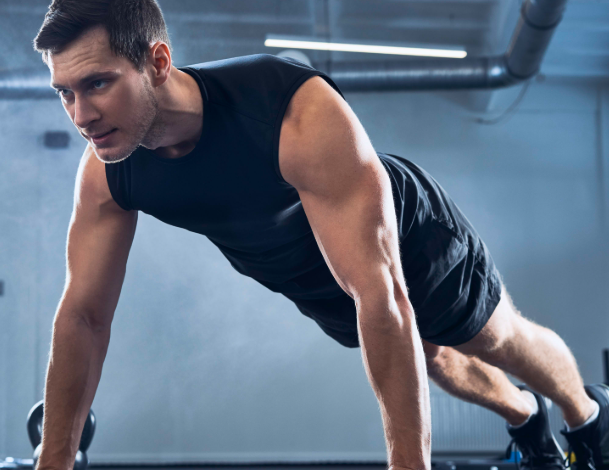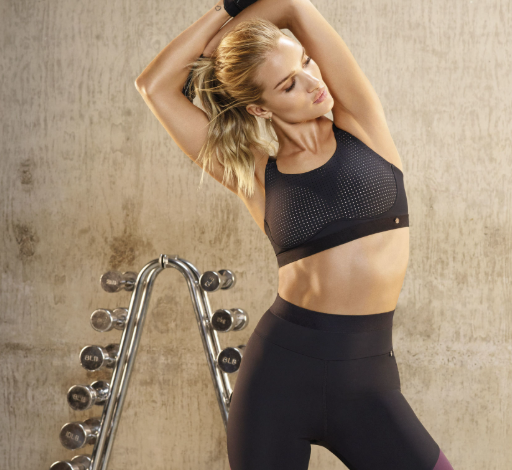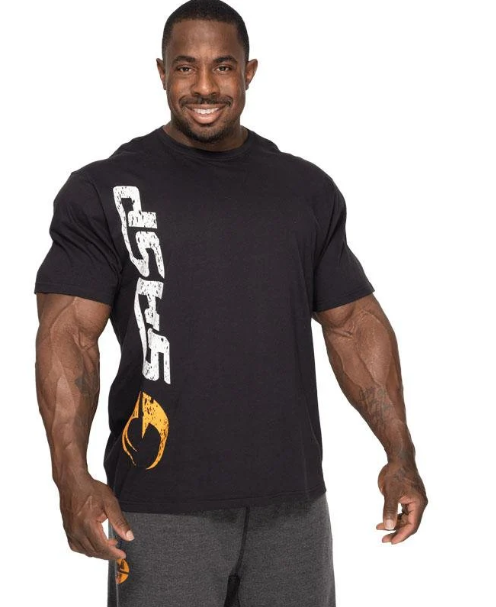
Why Cardio Matters for Lifters
If you’re a lifter, you probably love hitting the weights. It’s no surprise that lifting is your primary focus. But when it comes to cardio, many lifters avoid it, feeling it’s a waste of time and energy. Why bother with cardio when you could squeeze in a few more sets of curls? While this may give you more time to lift, skipping cardio altogether could actually hinder your progress in the long run.
You don’t need to become a marathon runner, but adding cardio to your routine could benefit you more than you think, regardless of whether you’re into bodybuilding, powerlifting, or just love lifting weights.
1. Boost Your Health
Cardiovascular exercise isn’t just for endurance athletes. It’s essential for the health of your heart, lungs, and overall circulatory system. No matter how strong you are, if your vital organs aren’t in good shape, it could lead to health complications down the road.
Lifting weights puts a lot of strain on your cardiovascular system, causing increases in blood pressure. This can be problematic for those who neglect cardio, as poor heart health can result in long-term issues. Regular cardio can help counteract these effects, keeping your heart and lungs functioning at their best.
2. Reduce Muscle Soreness
One of the benefits of cardio is its ability to increase blood circulation. This helps deliver oxygenated blood to your muscles, flushing out waste products like lactic acid that contribute to post-workout soreness. Adding light cardio after a heavy lifting session, or on rest days, can speed up recovery and help you train more frequently without feeling as sore.
3. Increase Workout Endurance
Ever finish a set of heavy squats or deadlifts out of breath? It’s common, but the quicker your heart rate and breathing return to normal, the sooner you can tackle another set. Improved cardiovascular fitness means less recovery time between sets, allowing you to push yourself further during your workouts and see better results.
This is especially beneficial for lifters who may tire quickly and need long breaks between sets. Cardio training helps reduce that downtime, enabling you to get more work done in each session.
4. Control Fat Gain
Building muscle requires a lot of calories, some of which may be stored as fat. Doing cardio during a bulk phase helps ensure that excess calories aren’t stored as fat, meaning you’ll spend less time cutting when it’s time to lean out. Cardio can also help shed fat more effectively when you’re focused on getting lean.
How Much Cardio Should You Do?
It’s all about finding a balance. Too much cardio can hinder your strength or muscle gains, and excessive cardio may increase cortisol levels, which can lead to muscle loss. However, a moderate amount of cardio can complement your lifting routine and improve overall health.
A good starting point is 20 minutes of cardio, three times a week. If fat loss is a goal, you could increase it to 30 minutes, five days a week. This will help with fat burning, overall fitness, and health benefits.
Low-impact exercises like the stationary bike, rowing, and walking on an inclined treadmill are ideal for lifters. Running, on the other hand, can be hard on your joints and may interfere with leg workouts due to the stress it places on your muscles.
How Intense Should Cardio Be?
There’s no need to push yourself to exhaustion during cardio sessions. Aim for about 60% of your maximum heart rate (which you can calculate by subtracting your age from 220). You should feel winded but still be able to carry on a conversation.
For those who find steady cardio too dull, interval training is a great option. Work hard for 30 seconds, then rest for 90 seconds. Repeat for a total of 20 minutes. This method can keep things engaging and offer a great cardio workout.
Final Thoughts
Cardio isn’t just about burning fat—it can actually enhance your lifting performance as well. In the same way that weight training benefits cardio, incorporating cardio into your routine can give you a more balanced approach to fitness. Keep focusing on your main lifting goals, but don’t overlook the importance of cardio to improve overall health and performance.






